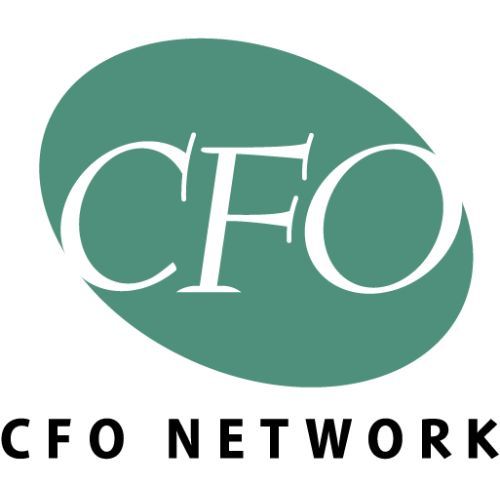The Importance of Continuing Education for Accountants

As a professional accountant, you understand your job is more than just crunching numbers. You have to stay up-to-date with the latest trends, regulations, and technologies to offer the best possible services to your clients. Continuing education is vital for accountants; we’ll explain why in this article.
Continuing Education: A Must for Accountants
Continuing education refers to learning after a professional has completed their initial education and training. For accountants, continuing education is essential to maintain their license and certification and helps them stay current with the latest developments in the industry.
The accounting profession has witnessed significant changes in technology, regulation, and business practices in recent years. Accountants who fail to keep up with these changes risk falling behind their peers and potentially losing clients. With the rapid evolution of the profession, continuing education is no longer a luxury but a necessity.
Benefits of Continuing Education for Accountants
Enhance your knowledge and skills
Continuing education allows accountants to enhance their knowledge and skills in areas such as tax law, auditing, financial reporting, and technology. This can help them stay ahead of the competition and offer superior services to their clients.
Meet regulatory requirements
Many states and professional organizations require accountants to complete specific continuing education hours to maintain their licenses and certification. Failure to meet these requirements can result in penalties, fines, and even the loss of the license.
Stay updated with the latest trends and practices.
Continuing education also helps accountants stay updated with the latest trends and practices in the industry. This can include tax law changes, accounting software updates, or new regulations affecting financial reporting.
Network with other professionals
Continuing education courses and seminars allow accountants to network with other professionals in the industry. This can lead to new business opportunities, collaborations, and valuable connections.
How to Choose the Right Continuing Education Program
Choosing the right continuing education program can be overwhelming, with many options available. Here are some factors to consider:
- Accreditation: Ensure that a recognized organization or institution accredits the program.
- Relevance: Choose a program relevant to your practice area and address your learning needs.
- Convenience: Consider the program’s format, location, and schedule to ensure it fits your busy schedule.
- Cost: Compare the price of different programs and choose one that offers the best value for your money.
Summary
Continuing education is vital for accountants who want to stay competitive and provide the best possible services to their clients. By enhancing their knowledge and skills, meeting regulatory requirements, staying updated with the latest trends and practices, and networking with other professionals, accountants can maintain their professional edge and grow their businesses.
If you’re an accountant looking to take your career to the next level, consider looking at the open positions at CFO Network, and introduce yourself.



